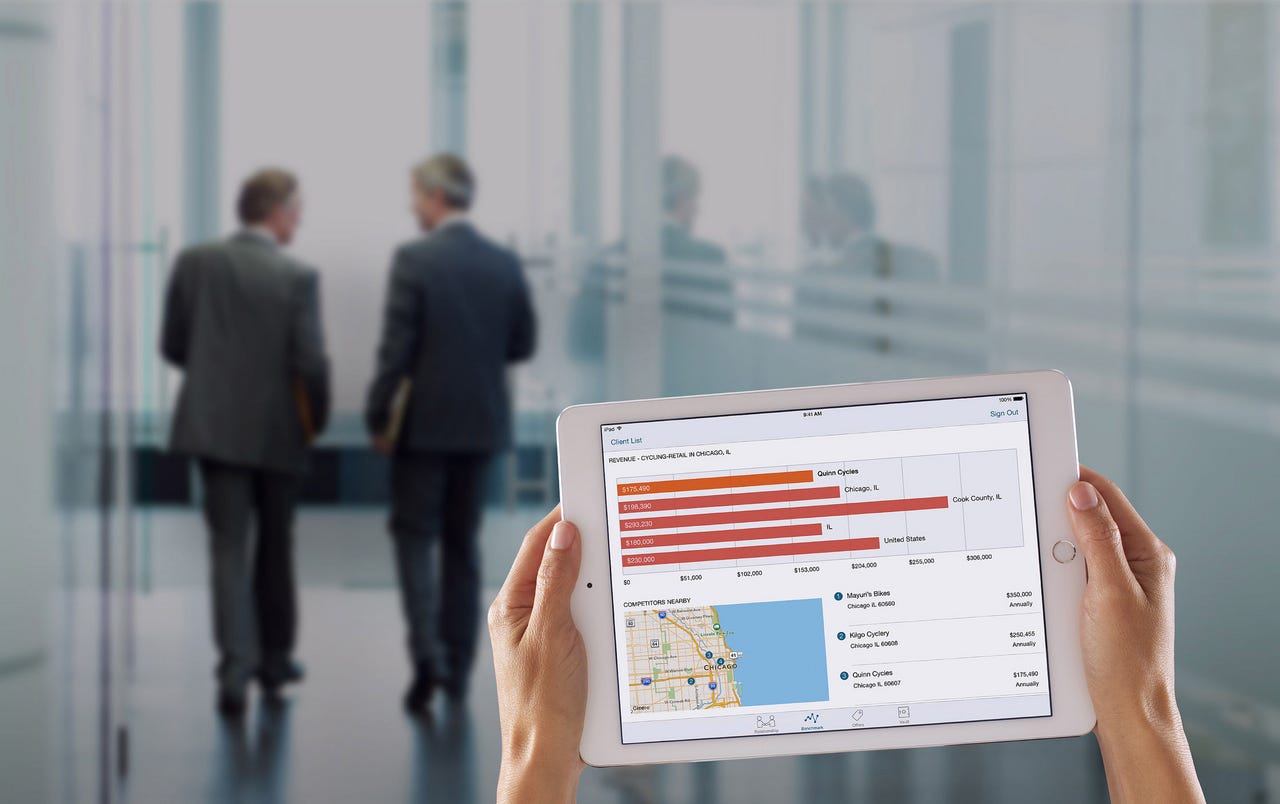IBM, Apple roll out industry apps: A look at the buying moving parts


Apple and IBM launched their first wave of enterprise apps for iOS aimed at banking, retail, insurance, financial services and other industries, but the buying process is a bit more complicated than a quick trip to the App Store.
See: The apps---Plan Flight, Passenger+, Advise & Grow, Trusted Advice, Retention, Case Advice, Incident Aware, Sales Assist, Pick & Pack and Expert Tech---are delivered as part of a bundle that includes enterprise mobility management, custom work and integration that can take weeks to maybe months.
Previously:Apple, IBM roll out first wave of mobile apps for business | Inside the Apple-IBM deal: How will it work, and what to expect | IBM, Apple forge enterprise app pact: Watson, meet iPad | Will Apple bring developers to IBM's Watson ecosystem?
What was unclear from the Apple and IBM enterprise app rollout is how the buying process actually works. Michael Gilfix, director of enterprise mobile at IBM, outlined the following moving parts:
- Interested enterprises in the IBM MobileFirst apps for iOS need to contact Big Blue.
- The simplest model is one that's priced by device per month with software delivered via a cloud model with subscriptions. After all, mobile apps are never really done and don't really correspond with a one-and-done pricing and deployment model.
- Gilfix said IBM is aiming for a 70 percent standard and 30 percent custom deployment model.
- The custom work results in a one-time charge from IBM, but preintegration efforts with SAP and other ERP systems should speed up deployments.
- With IBM's iOS efforts, Big Blue has identified data sources as well as APIs needed to populate applications. For instance, Plan Flight will be connected to airline reservation systems, flight planning software and air traffic and weather data.
- For IBM, the MobileFirst apps for iOS are also likely to result in an enterprise mobility management sale---or at least pitch. Enterprise apps are generally delivered via EMM suites. IBM also has an EMM suite, the former MaaS360, but Gilfix noted that the company can connect to an enterprise's existing setup, which may include VMware's AirWatch, Citrix, Good Technology, MobileIron, BlackBerry and a number of others.
Those software pricing variables don't include actual hardware spend on the Apple devices. Specific figures and returns will become clearer as Apple and IBM build up their case studies and deployments. Citi, Air Canada, Sprint and Banorte are initial reference customers for the new apps.